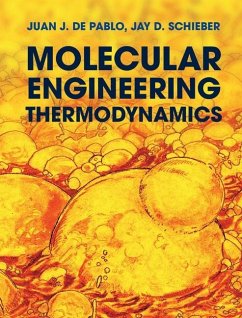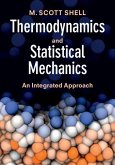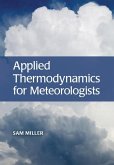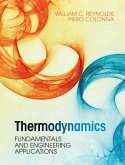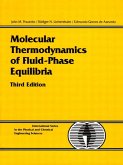Building up gradually from first principles, this unique introduction to modern thermodynamics integrates classical, statistical and molecular approaches and is especially designed to support students studying chemical and biochemical engineering. In addition to covering traditional problems in engineering thermodynamics in the context of biology and materials chemistry, students are also introduced to the thermodynamics of DNA, proteins, polymers and surfaces. It includes over 80 detailed worked examples, covering a broad range of scenarios such as fuel cell efficiency, DNA/protein binding, semiconductor manufacturing and polymer foaming, emphasizing the practical real-world applications of thermodynamic principles; more than 300 carefully tailored homework problems, designed to stretch and extend students' understanding of key topics, accompanied by an online solution manual for instructors; and all the necessary mathematical background, plus resources summarizing commonly used symbols, useful equations of state, microscopic balances for open systems, and links to useful online tools and datasets.
Dieser Download kann aus rechtlichen Gründen nur mit Rechnungsadresse in A, B, BG, CY, CZ, D, DK, EW, E, FIN, F, GR, HR, H, IRL, I, LT, L, LR, M, NL, PL, P, R, S, SLO, SK ausgeliefert werden.

